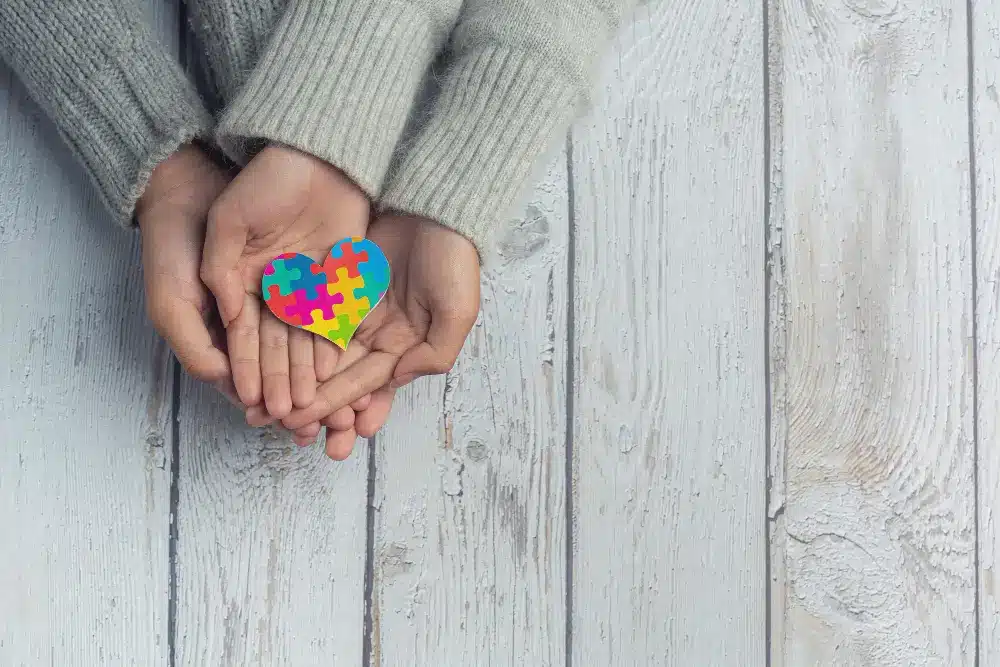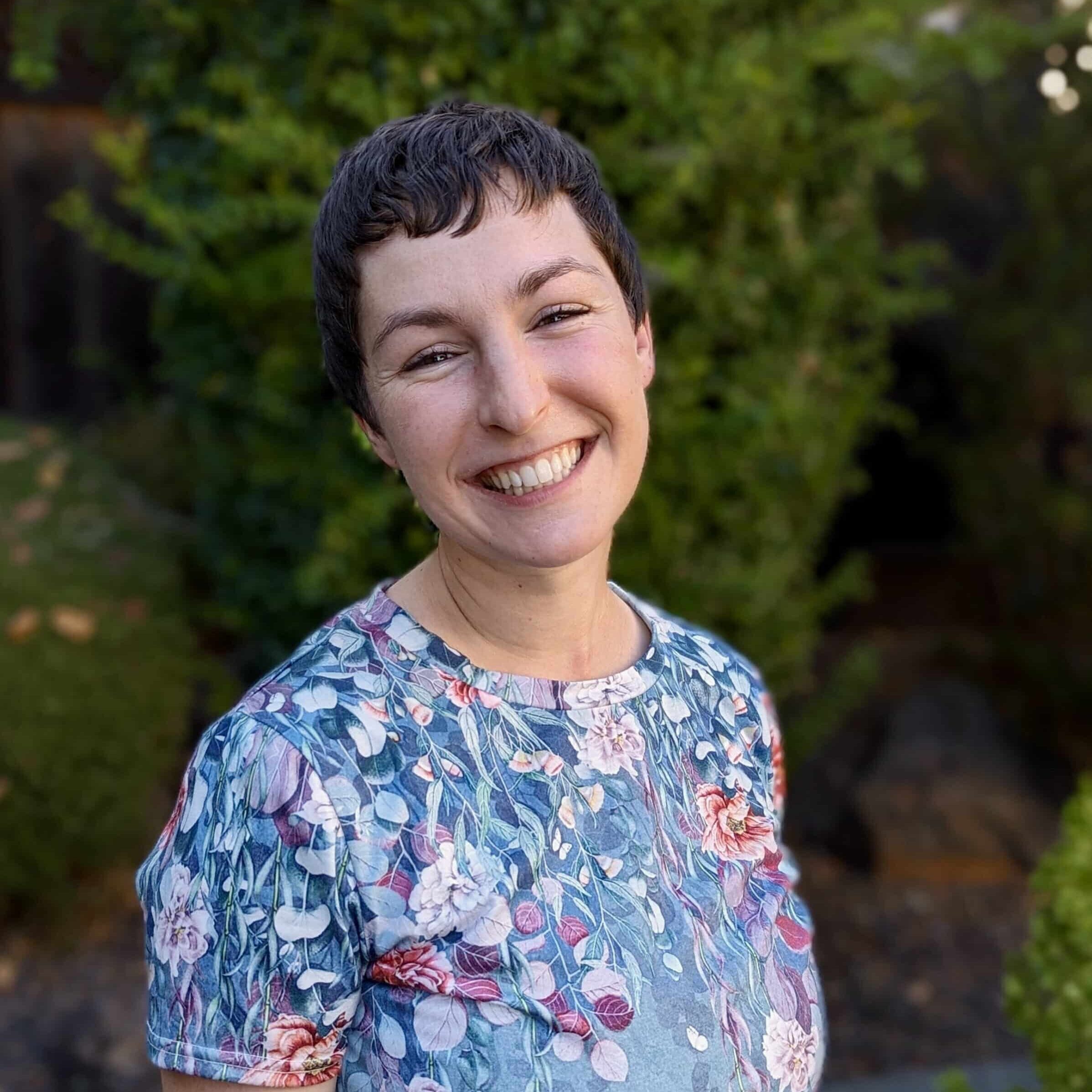
updated June 2024 by: Sara Sorenson, LCMHC
Autism Autism Spectrum Disorder (ASD) is a common type of developmental disorder that affects children with abnormal brain development. One of the most common characteristics of autism is that the person suffering from it can be super sensitive to external stimuli and have difficulties communicating with others, as well as interacting with the world.
Since ASD is a spectrum disorder, symptoms can range from mild to severe and are extremely varied among both children and adults.
Some children with ASD may have “high functioning autism” and go undetected until increased or new symptoms in adulthood cause or highlight problems—resulting in an adult diagnosis.
That being said, adults cannot develop autism in adulthood.
Autism Spectrum Disorder is a broad category of neurodevelopmental disorders with 5 major types including:
This is a controversial field of research that is still emerging, however it is important to note, Autism Spectrum Disorder (ASD) is not a “mental health condition”. While it can certainly lead to mental health symptoms such as depression or anxiety in adults—it is a developmental brain disorder that develops in childhood.
There is no specific diagnostic test to diagnose ASD. A majority of cases of autism are diagnosed in childhood when certain developmental milestones are not met. Some criteria used include:
Getting an autism diagnosis as an adult may be tricky. A detailed patient history is important, but medical professionals may look for similar symptoms in both kids and adults such as:
One of the reasons some people with autism do not get diagnosed until adulthood is because they are able to “mask” their symptoms. Masking is a strategy used by some autistic people (often with more mild cases) to appear “non-autistic”.
This can be conscious or unconscious, but often stems from the desire to blend in and be accepted in social situations. Masking also may be referred to as “camouflaging”. This may be learned by analyzing and “mirroring” the behaviors of others.
Masking can sometimes cause distress to autistic people who have described it as being in a state of hyper-vigilance to adapt to others behaviors. Some examples of masking may include:
There is no single cause that explains how autism develops. Disinformation in the media inflates stigma around the disorder. This expanding field of research still has controversy, but some proposed risk factors of developing autism include:
While adults do not develop autism, many mild cases of autism can go unnoticed for years, not receiving a diagnosis until adulthood.
There is no cure for ASD, but treatments do exist to support children, adults and parents with helping manage uncomfortable symptoms. Early diagnosis and intervention is one of the best steps parents can take if they see their child is not hitting certain developmental milestones.
In general, the earlier the intervention and the more support ASD patients receive, the more likely they are able to live somewhat normal lives depending on the severity of their symptoms.
According to the National Institute of Health , there are a number of treatments that can help ease symptoms that may cause distress or discomfort:
Keep in mind, ASD is extremely complex. Some symptoms can overlap with other developmental disorders such as ADHD. Treatment should be focused on individual needs rather than on the actual diagnosis label.
Corner Canyon Health Centers can help educate you and loved ones about the reality of Autism Spectrum Disorder (ASD). Reach out to our admissions team for more information. One of our qualified counselors is here to help you.
Autism Spectrum Disorder. 2018. Mayo Clinic.
Can you Develop Autism? Drake Institute of Neuro Physical Medicine.
What are the Treatments for Autism? . 2021. National Institute of Health.
